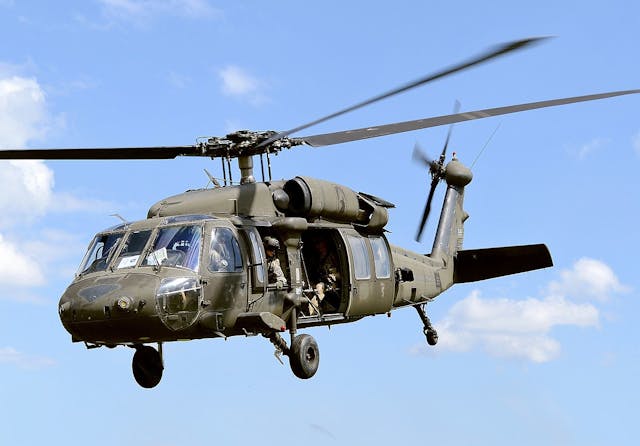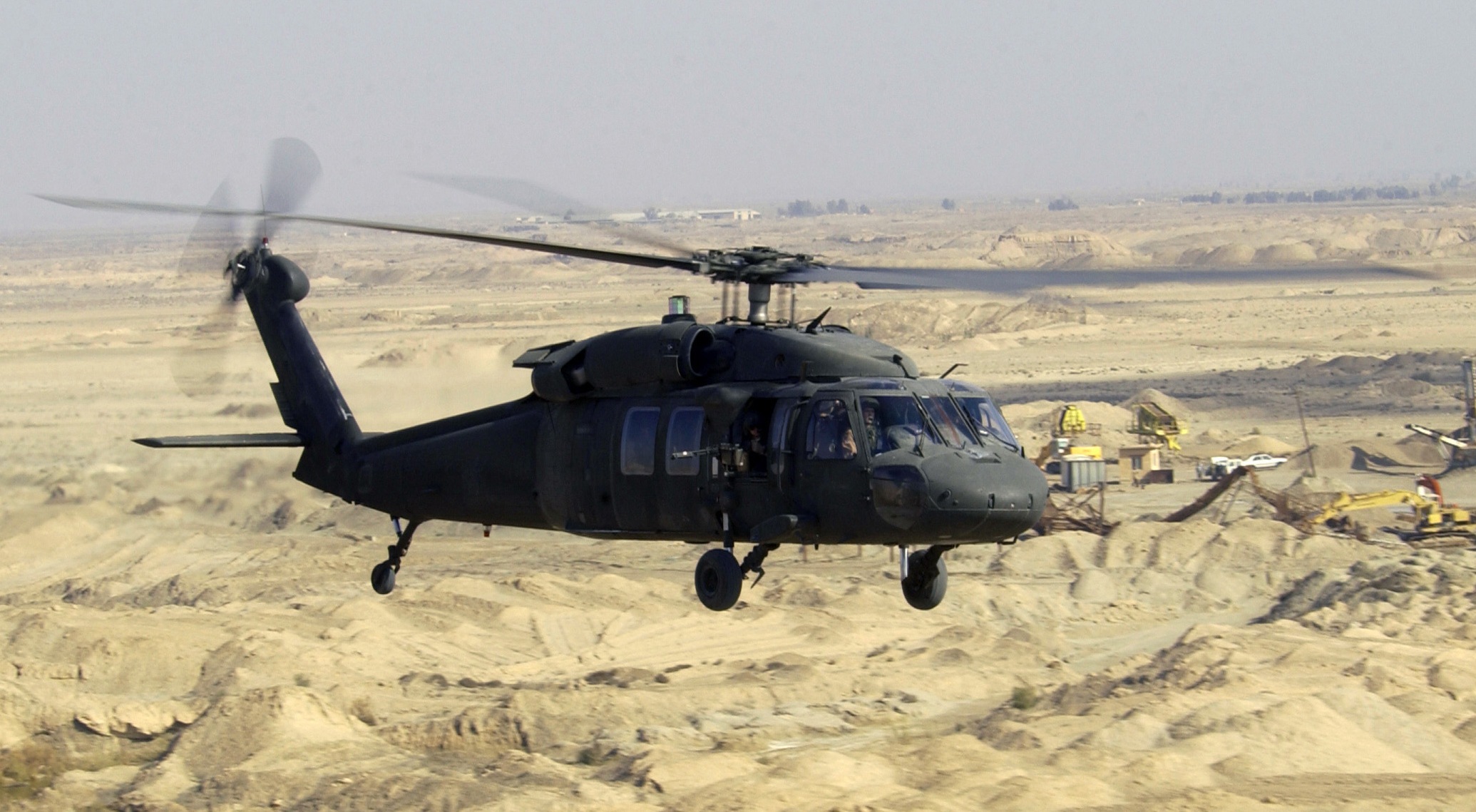The Influence of Sustainable Practices on the Future of Airplane Procedures and Emissions Decrease
As the aviation market deals with boosting examination over its environmental effect, the fostering of sustainable practices arises as a crucial pathway towards future aircraft operations and exhausts decrease. Technologies in lasting air travel gas and advancements in hybrid propulsion technologies stand at the center of this improvement, encouraging considerable reductions in greenhouse gas exhausts.

Introduction of Sustainable Practices
Sustainable techniques in airplane operations include a variety of methods focused on lowering environmental influence while keeping functional performance. These techniques are crucial in the aeronautics sector's commitment to reducing its carbon footprint and adhering to global environmental criteria. Secret initiatives consist of maximizing trip courses to decrease fuel consumption, boosting upkeep procedures to make certain airplane run at peak effectiveness, and implementing sophisticated modern technologies such as winglets and light-weight products that enhance aerodynamics.

Educating and involving staff on sustainability methods likewise play an important function, fostering a society of environmental duty within organizations. In general, the assimilation of these lasting practices not only assists lower emissions however likewise enhances the long-lasting viability of the air travel market, guaranteeing it fulfills the needs of both clients and regulatory bodies while contributing to worldwide sustainability objectives.
Cutting-edge Gas Alternatives
Countless innovative fuel alternatives are becoming pivotal remedies to reduce the aviation industry's reliance on standard fossil gas. Among these alternatives, Sustainable Aviation Fuels (SAFs) have acquired considerable interest because of their prospective to decrease lifecycle greenhouse gas discharges by approximately 80% compared to traditional jet fuels. SAFs are stemmed from various feedstocks, including waste oils, farming residues, and also algae, making them a versatile alternative for the industry.
An additional promising alternative is hydrogen fuel, which, when made use of in gas cells, generates just water vapor as a byproduct. This zero-emission prospective presents a substantial chance for decarbonizing trip procedures, particularly for short-haul flights and regional aircraft. In addition, electric propulsion systems are being checked out, leveraging battery technology to power airplane. While present battery capacity limitations variety and haul, recurring improvements may quickly make electric trips feasible for particular applications - uh 60.
Finally, biofuels originated from biomass are being investigated, using a sustainable choice that can be blended with standard fuels. Collectively, these cutting-edge fuel choices stand for a vital action toward attaining a lasting air travel ecosystem, straightening with worldwide discharges decrease targets and improving the market's ecological stewardship.
Technical Advancements in Aeronautics

Exactly how can technical advancements reshape the future of air travel? Advancements such as electrical and hybrid propulsion systems are at the forefront, appealing significant reductions in fuel intake and greenhouse gas exhausts.
Furthermore, the implementation of advanced products, such as light-weight composites, adds to boosted aerodynamics and fuel performance. Making use of synthetic knowledge and device learning in trip operations maximizes course planning and reduces gas burn by making it possible for real-time modifications based upon climate and traffic problems. Additionally, the growth of autonomous and remotely piloted airplane systems stands to transform freight and traveler transportation, potentially raising efficiency while minimizing human mistake.
Furthermore, sustainable aeronautics innovations, including innovative air traffic management systems, can enhance procedures and minimize congestion, leading to reduced exhausts throughout trip. These innovations collectively stand for a standard shift in aeronautics, assuring a future where sustainability and operational effectiveness are linked, therefore supporting the market's dedication to decreasing its ecological influence.

Governing Framework and Compliance
In light of the expanding emphasis on ecological stewardship within the air travel sector, the regulative structure regulating airplane procedures is advancing to advertise sustainable techniques. Regulatory bodies, such as the International Civil Aviation Company (ICAO) and various national air travel authorities, are presenting stringent standards targeted at minimizing discharges and enhancing functional efficiency.
These laws usually consist of the adoption of Sustainable Aviation Gas (SAF), which has been acknowledged as a vital component in achieving reduced carbon impacts. In addition, conformity with these guidelines requires airlines to carry out functional methods and innovative technologies, such as maximized trip paths and improved air web traffic management, to go now minimize fuel intake.
Furthermore, the enforcement of discharges trading schemes and carbon countering campaigns is coming to be significantly widespread, compelling airlines to keep track of and report their discharges properly. Non-compliance can lead to considerable fines, thus pushing drivers to focus on sustainability in their organization models.
Ultimately, the advancing governing landscape not only drives development and investment in eco-friendly modern technologies yet additionally cultivates a society of accountability within the aviation sector. As these structures remain to develop, the concentrate on lasting practices will be integral to attaining the market's lasting environmental objectives.
Future Trends in Aircraft Operations
As the aeronautics industry adapts to an increasingly strict regulative environment, future trends in airplane procedures are readied to focus on ingenious solutions that even more improve sustainability and performance - uh dig this 60. Key developments will likely include the fostering of advanced air web traffic administration systems, which make use of real-time information and expert system to enhance trip courses, reducing fuel consumption and emissions
Another substantial fad is the raised integration of sustainable aviation gas (SAFs) These options to standard jet gas, derived from renewable sources, can substantially decrease lifecycle greenhouse gas emissions. The industry's commitment to SAFs will likely accelerate as airlines collaborate with fuel producers to make certain schedule and cost-effectiveness.
Additionally, the push in the direction of electrification and crossbreed propulsion systems is gaining energy. Emerging airplane styles will certainly integrate these innovations, using quieter and extra effective operations, especially for short-haul trips.
Final Thought
The adoption of lasting air travel gas, paired with improvements in electric and hybrid propulsion systems, is important for decreasing lifecycle greenhouse gas emissions. Optimizing flight paths and embracing ingenious link innovations contribute to a quieter and a lot more environmentally pleasant aviation industry.
Technologies in lasting aeronautics gas and advancements in hybrid propulsion technologies stand at the forefront of this transformation, encouraging significant decreases in greenhouse gas emissions.Many cutting-edge fuel options are arising as critical options to decrease the aeronautics sector's dependence on traditional fossil fuels - uh 60. Amongst these alternatives, Sustainable Aviation Gas (SAFs) have acquired considerable attention due to their potential to reduce lifecycle greenhouse gas emissions by up to 80% compared to traditional jet gas.Another considerable fad is the increased integration of lasting aeronautics fuels (SAFs) The fostering of lasting aeronautics gas, coupled with developments in hybrid and electric propulsion systems, is crucial for minimizing lifecycle greenhouse gas emissions